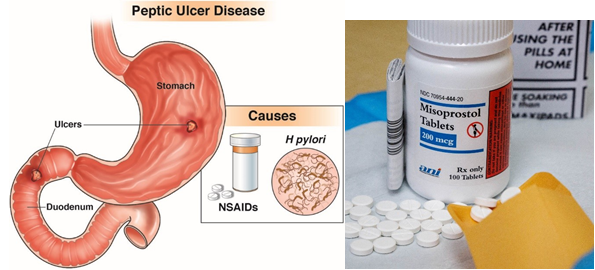The nurse is planning to discharge teaching for a client with diabetes mellitus who has a new prescription for insulin glargine. Which action should the nurse include in the discharge teaching?
Teach the client self-injection skills for daily subcutaneous administration.
Demonstrate how to select dose based on before meal blood sugar readings.
Explain to the family how to inject this medication for severe hypoglycemia.
Provide information on increasing medication dosage if ketoacidosis occurs.
The Correct Answer is A
Insulin glargine is a long-acting insulin that is given once daily at the same time every day via subcutaneous injection. Therefore, it is essential to teach the client self-injection skills for daily subcutaneous administration to ensure proper administration of insulin.
Option b is incorrect because insulin glargine is typically given at the same dose every day, not based on before meal blood sugar readings.
Option c is incorrect because insulin glargine is not used for the treatment of severe hypoglycemia, and it should not be administered by someone who is not trained to do so.
Option d is incorrect because ketoacidosis is a serious complication of diabetes mellitus that requires urgent medical atention, and increasing medication dosage is not appropriate for this condition.

Nursing Test Bank
Naxlex Comprehensive Predictor Exams
Related Questions
Correct Answer is A
Explanation
Misoprostol should not be used during pregnancy as it can cause harm to the fetus. Women of childbearing potential should use effective contraception while taking misoprostol. If there is a chance of conception, the healthcare provider should be contacted immediately. A negative pregnancy test is required before starting therapy with misoprostol .

Correct Answer is C
Explanation
Diabetes insipidus is a condition in which the kidneys are unable to conserve water, leading to excessive thirst and urination. It is treated with antidiuretic hormone (ADH), which helps the kidneys retain water and reduce urine output. When caring for a client with diabetes insipidus who is receiving ADH intranasally, it is important for the nurse to monitor the client’s serum osmolality.
Osmolality is a measure of the concentration of particles in a solution and can provide information about the client’s hydration status.
Monitoring serum osmolality can help determine if the ADH therapy is effective in managing the client’s diabetes insipidus.

Whether you are a student looking to ace your exams or a practicing nurse seeking to enhance your expertise , our nursing education contents will empower you with the confidence and competence to make a difference in the lives of patients and become a respected leader in the healthcare field.
Visit Naxlex, invest in your future and unlock endless possibilities with our unparalleled nursing education contents today
Report Wrong Answer on the Current Question
Do you disagree with the answer? If yes, what is your expected answer? Explain.
Kindly be descriptive with the issue you are facing.
